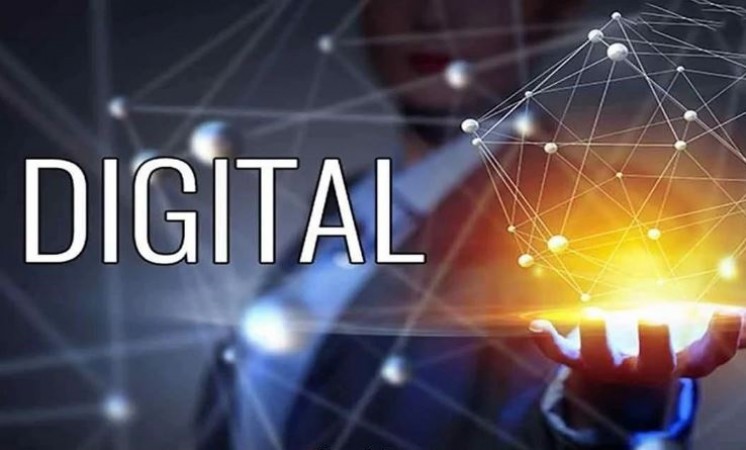
NEW DELHI: On May 3, the Central government will meet with stakeholders and policy experts for a second round of consultations in preparation for the much-awaited Digital India Act (DIA), which is projected to be written within the next two to three months.
The Digital India Act, which intends to stimulate India's aspiration to be among the leading pack of nations that would create future technologies, underwent its first round of pre-drafting consultations with stakeholders in March, organised by the Ministry of Electronics and Information Technology.
Sources claim that after the initial meeting, the IT ministry has only received a small number of recommendations. As a result, the ministry now plans to meet again with business representatives, attorneys, social media intermediaries, and consumer groups to gather further suggestions for expanding the DIA. As part of the Digital India Dialogues, stakeholders are now speaking with a bill's design, architecture, and objectives in the pre-introduction stage for the first time.
In the words of Rajeev Chandrasekhar, Union Minister of State for Electronics and IT, the proposed Bill aims to assist India in realising its vision of becoming a trillion-dollar digital economy and a major, dependable participant in global value chains for digital goods, technologies, platforms, and solutions.
Since the Information Technology Act (IT Act) was created in 2000, the tech ecosystem in general and the Internet in particular have changed significantly. As a result, the new law must be adaptable, consistent with shifting market trends and technological disruption, and protect digital goods from user harm.
"Internet that began as a force of good has today become vulnerable to various types of complex user harms like catfishing, cyberstalking, cyber trolling, gaslighting, phishing, revenge porn, cyber-flashing, dark web, women and children, defamation, cyber-bullying, doxing, salami slicing, etc and there is an urgent need for a specialised and dedicated adjudicatory mechanism for online civil and criminal offences," the Minister had said in March.
Managing the complexities of the Internet and the quick expansion of the different types of intermediaries, addressing the risks of emerging technologies, protecting citizen rights, and managing and establishing guidelines for the various intermediaries on the Internet are some of the guiding principles for the proposed legislation.
Following his presentation, the minister engaged in an interactive discussion with the various stakeholders, including business representatives, solicitors, intermediaries, and consumer groups, and he solicited their opinions.
India's smartphone market records the largest first-quarter loss of 19%.